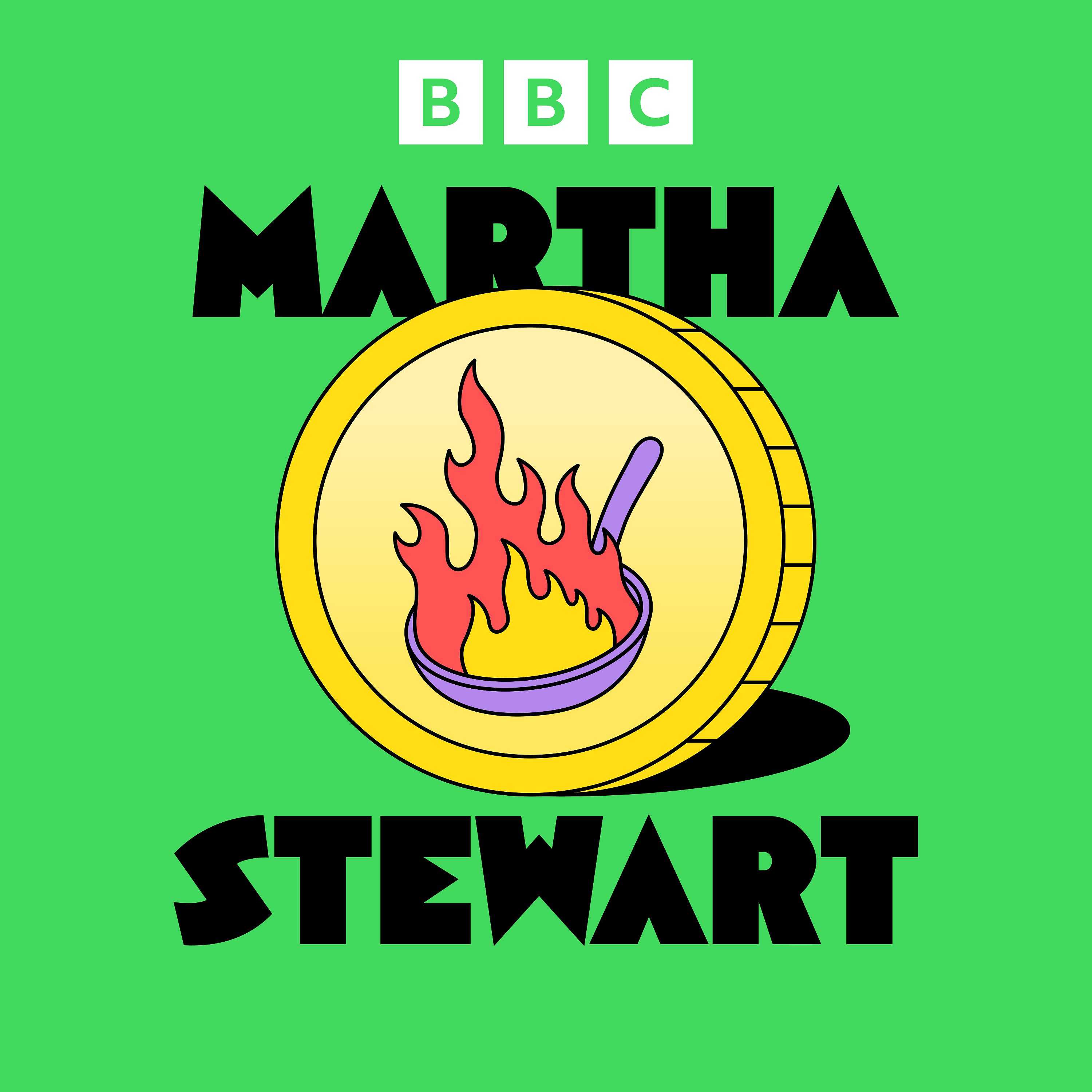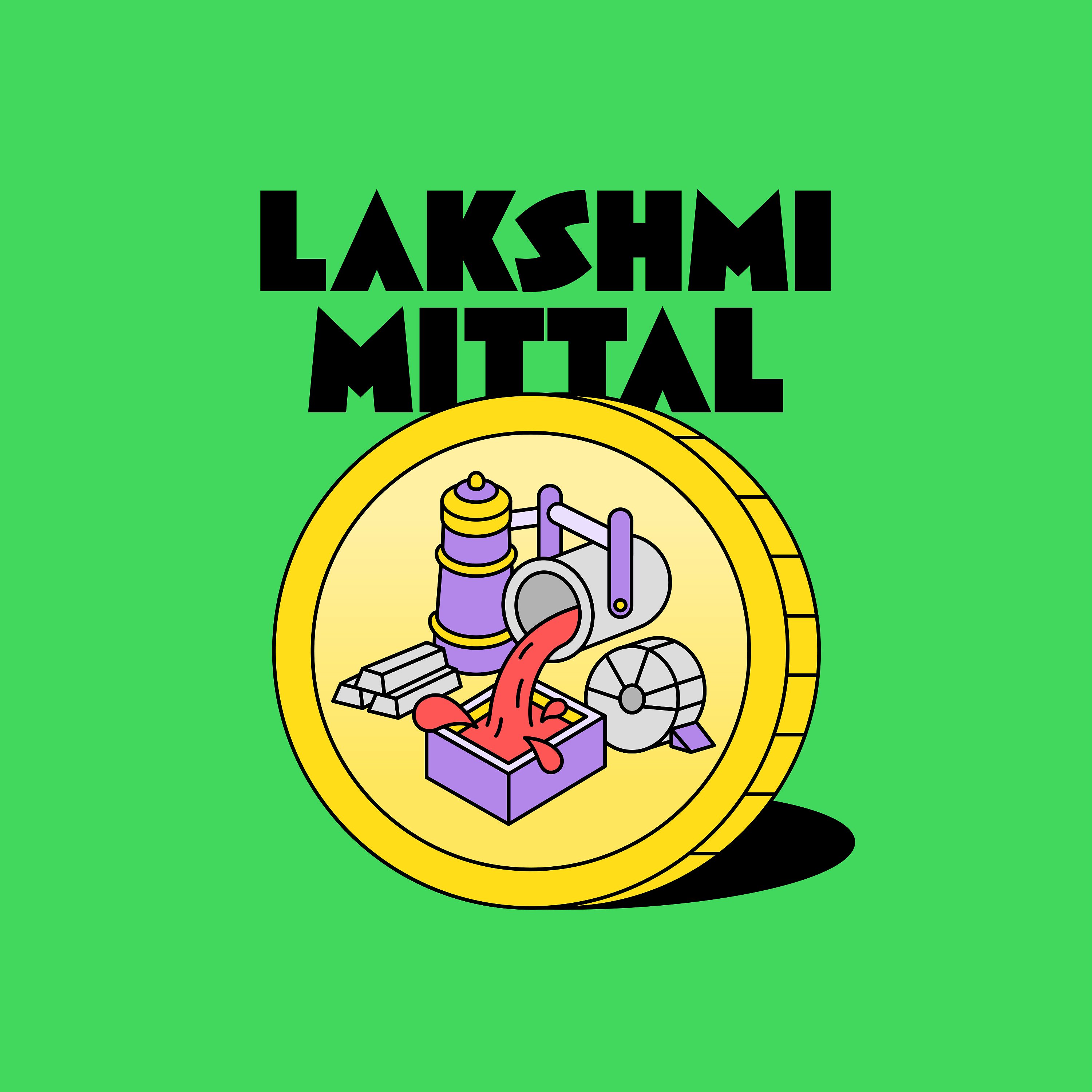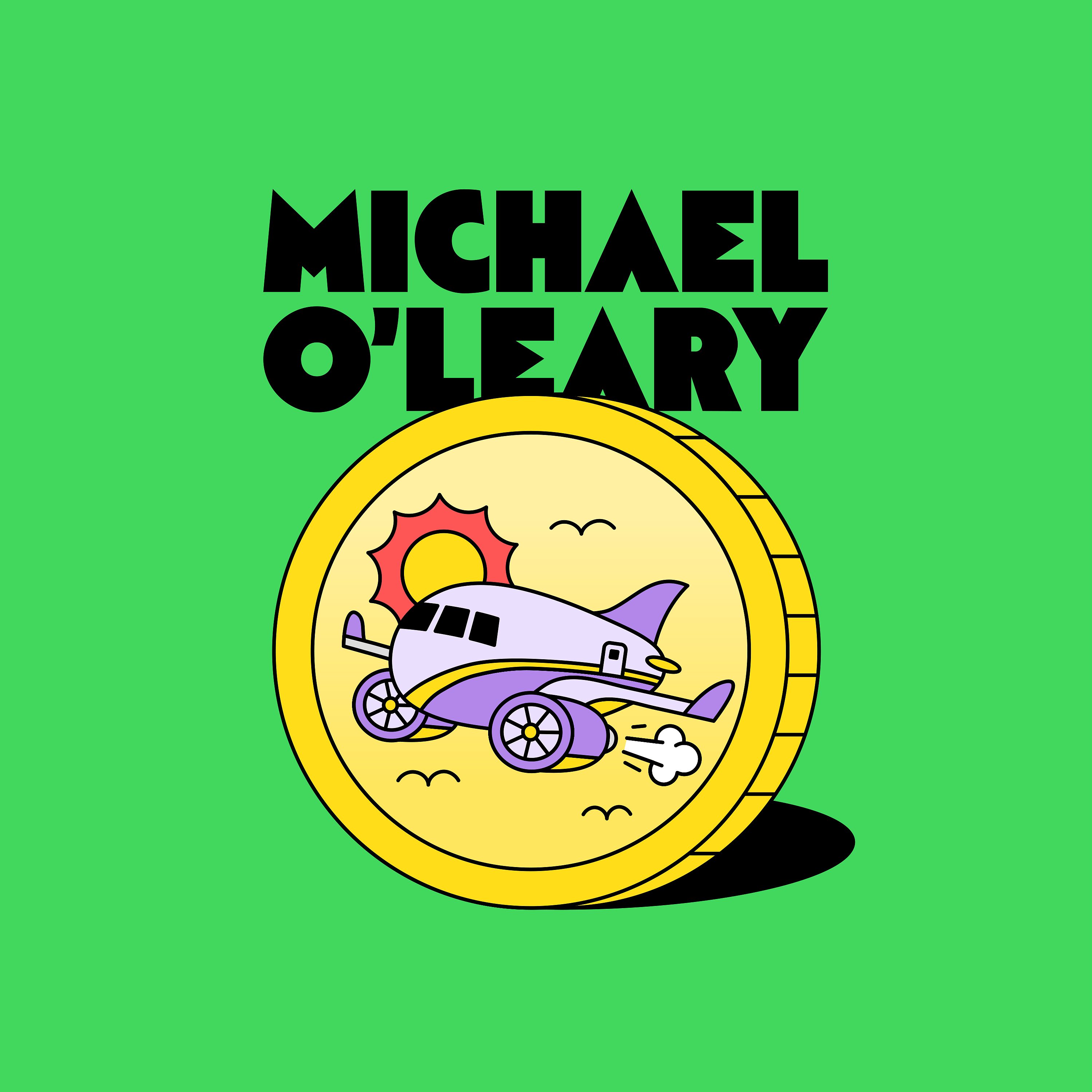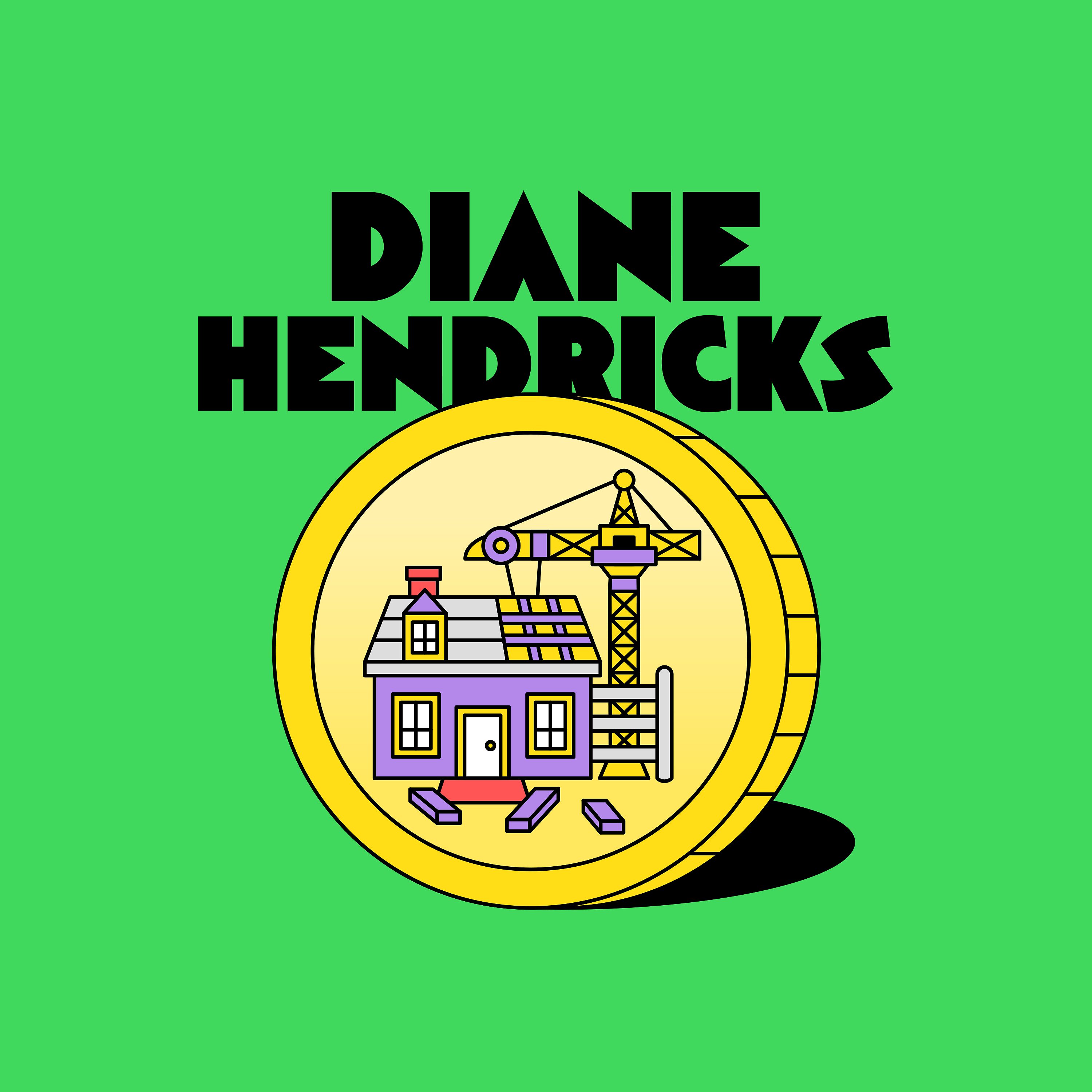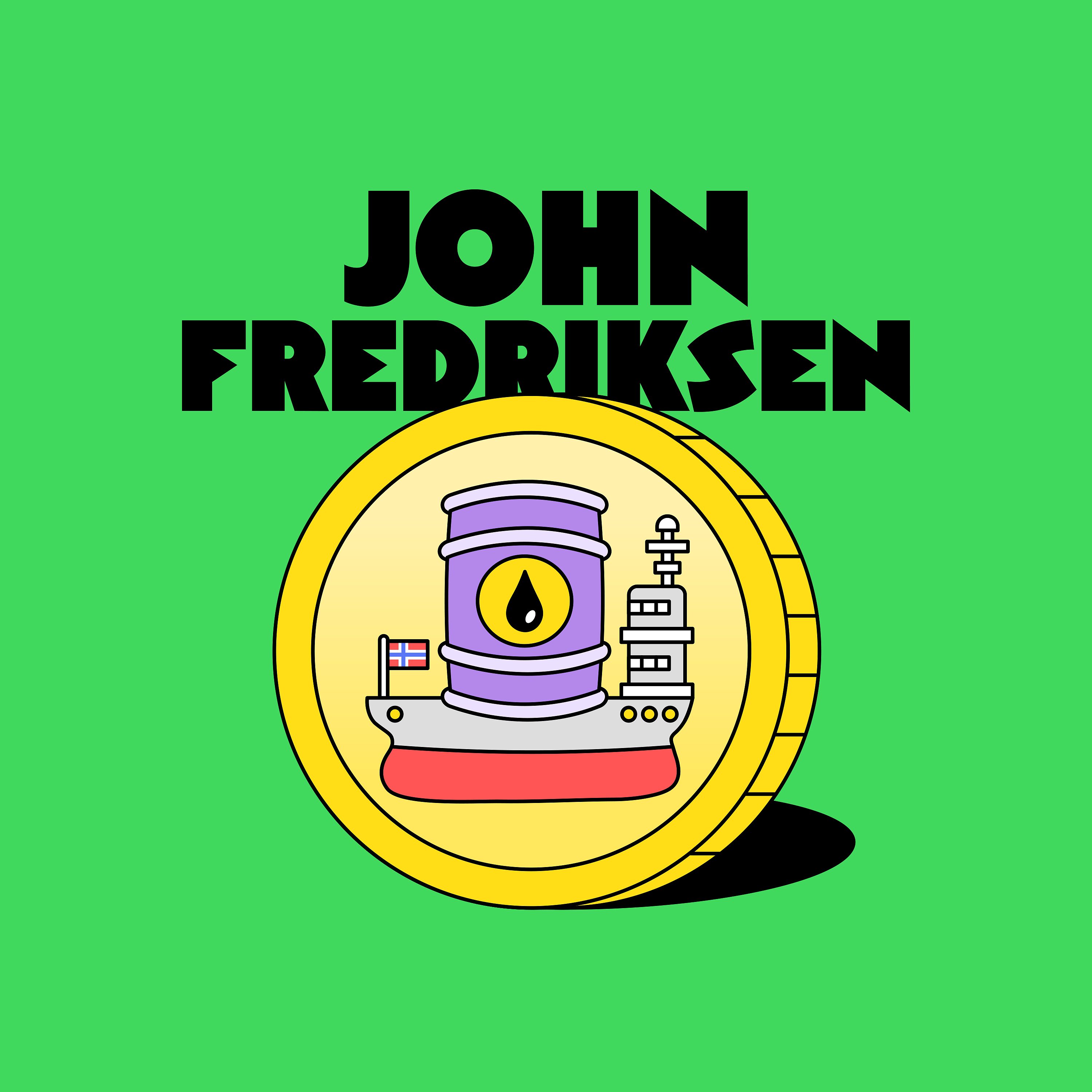Martha Stewart: The original lifestyle influencer
Martha Stewart revolutionised home entertaining with her recipes, home decor and TV shows, becoming one of the world's most successful women in business. Known as the ultimate homemaker and the "original lifestyle influencer", she's also the USA’s first ever self-made female billionaire. But while the entrepreneur made her fortune as a domestic goddess, Martha Stewart is no trad wife. It took more than crafts and cookbooks to make her fortune. And then it all came crashing down.
BBC business editor Simon Jack and journalist Zing Tsjeng are back with a new season of Good Bad Billionaire. In this episode, they're exploring the life of Martha Stewart, charting the lifestyle mogul’s career, from her influence over millions of American homes, to her time in prison, and her ultimate comeback – as a star of social media and the subject of a Netflix documentary, all with Snoop Dogg at her side. Then they decide if they think she’s good, bad, or just another billionaire.
Good Bad Billionaire is the podcast exploring the lives of the super-rich and famous, tracking their wealth, philanthropy, business ethics and success. There are leaders who made their money in Silicon Valley, on Wall Street and in high street fashion. From iconic celebrities and CEOs to titans of technology, the podcast unravels tales of fortune, power, economics, ambition and moral responsibility before inviting you to make up your own mind: are they good, bad or just another billionaire?
Press play and read along
Transcript
Transcript is processing—check back soon.
